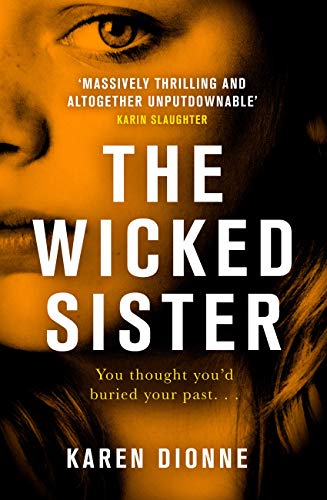Preparations to be Together for an Unknown Period of Time

We liked this unusual Hungarian romance written and directed by Lili Horvát and starring Viktor Bodó and Natasa Stork, one of the most pleasant-looking actresses around (trailer and interview with the filmmaker).
Márta Vizy, a successful 40-year-old neurosurgeon, working in the United States, meets a man at a conference in New Jersey, and they agree to meet a month hence. She abandons her prestigious position in deference to romance, but when she encounters him again in Budapest, he claims they’ve never met. This confuses her to the point that, while she rebuilds her career in her home country, she has to sort out where reality and wishful thinking collide.
While the Rotten Tomatoes critics gave it an 88% score, the few audience ratings averaged out to only 55%. I suspect what American audiences didn’t like were exactly the features that made us admire the film—primarily, the unexpected plot twists. Certainly (and thankfully) it follows no familiar, superficial formula! Oh, and there are subtitles. “A very engaging film to watch,” says Cinetopia’s Jim Ross
The Outside Story

This drama/comedy is kicked off when Charles locks himself out of his New York apartment. He’s a screen-obsessed introvert (a video editor, who assembles online obituaries for people not quite dead yet). He just broke up with his girlfriend and doesn’t know any of his neighbors. Well, he meets them now, and quirky and charmingly human they are.
Brian Tyree Henry is a genial if befuddled Charles, Sunita Mani, is a parking enforcement officer who’s hilariously suspicious of him, Sonequa Martin-Green is the super-glam former girlfriend. Numerous others turn even the smallest roles into gems. Written and directed by Casimir Nozkowski. This is a lot of fun (trailer)!
Rotten Tomatoes critics rating 92%; audience rating 79%. The critics consensus: “A refreshingly optimistic look at urban community life.”














